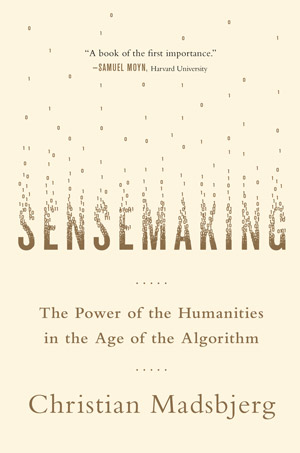Learned a lot lending an editorial hand here:
Qatar Tribune, May, 16, 2024

As lifestyle aspirations, easy access to digital credit and loans, and the need to finance education and real estate drive up consumer debt levels in Qatar, the case for bolstering financial literacy is becoming urgent. This growing weight of consumer debt, coupled with the ongoing paradigm shift in the social contract, underscores the importance of financial literacy as a tool for managing debt and ensuring financial stability. Research from the Global Financial Literacy Excellence Center finds that countries with higher levels of financial literacy have lower levels of household debt, higher savings rates, and greater resilience during financial downturns than those with lower levels of financial literacy.
Qatari institutions increasingly recognize financial literacy as a critical factor for economic empowerment and financial stability, and have begun to act. Witness, among other efforts, the financial literacy programs launched by the Qatar Central Bank, the Ministry of Education and Higher Education’s decision to add financial literacy as an elective for eleventh and twelfth-grade students, and the Qatar Stock Exchange’s commitment to raising the financial literacy of investors.
While dedicated programs are a good start, meeting increasing financial literacy across the country in a timely manner requires an overarching strategy and a holistic framework that incorporates a multi-dimensional view of life-stages and beneficiary contexts. Read the rest here.


















